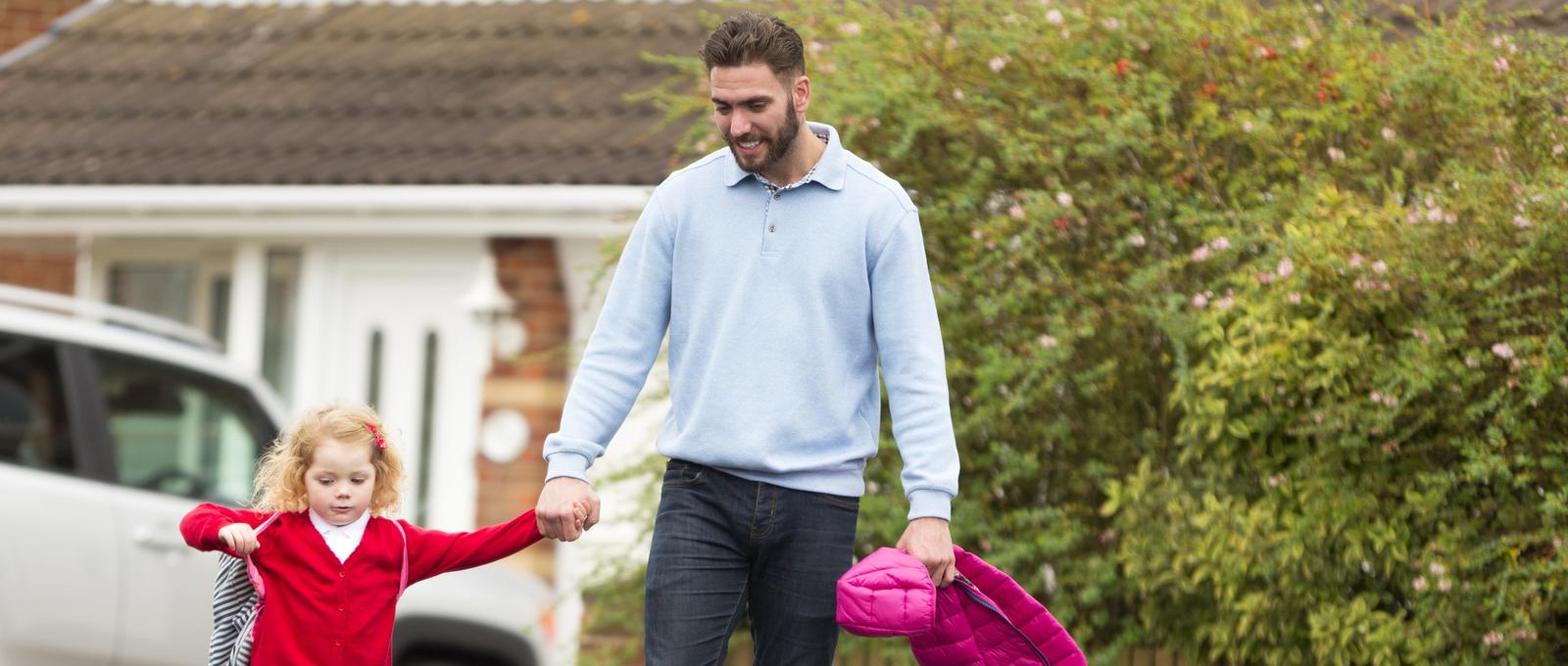
Should schools or parents be fighting nits?
Peer reviewed by Dr Sarah Jarvis MBE, FRCGPAuthored by Danny ChadburnOriginally published 27 Sept 2017
- HerunterladenHerunterladen
- Teilen Sie
Teilen Sie
The latest figures suggest that nearly 70 per cent of primary school children will get head lice, much to their parents’ despair. So should schools be playing a bigger part in the battle against nits? Or does the responsibility lie with parents? We take a look at both sides of the argument.
In diesem Artikel:
Lesen Sie unten weiter
How are head lice spread?
One in ten primary-aged children has head lice at any one time, and schools are by far the best breeding ground. If one child in a class goes to school with nits, by lunchtime at least another couple will probably have been infected… and so on.
‘Schools are the perfect environment for head lice to circulate; children are naturally together to learn and play, and this gives head lice the opportunity to cross over from one head to another as children become tactile during play and close interaction,’ says an advisor from UK charity Community Hygiene Concern.
Head lice are also becoming increasingly difficult to detect. ‘When we visit schools these days it’s more common to find a child with one or two lice rather than 20 or 30,’ says Ian Burgess, president of the International Society of Phthirapterists. ‘The number of children who are totally infested is actually very low, which is good, but having less lice makes it more difficult to find them.’
While the number of children getting head lice is approximately the same as it’s been for years – and the number of head lice each child gets appears to be going down – that doesn’t make it any less disheartening, or expensive, to treat them if your child becomes infected.
Patienten wählen aus für Infektionen im Kindesalter

Die Gesundheit der Kinder
Wie man Kopfläuse in der Schule vermeidet
Es ist der Tag, auf den Sie sich so lange vorbereitet haben: Ihr Kind wird eingeschult. Sie schicken es in seiner makellosen Uniform, mit glänzenden Schuhen und seiner riesigen neuen Schultüte los. Alles läuft nach Plan, wenn auch mit ein paar Tränen - bei Ihnen, nicht bei Ihrem Kind -, und es liebt die Schule über alles. Ein paar Wochen später erhalten Sie die gefürchtete E-Mail: Es wurden Kopfläuse gemeldet - darauf waren Sie nicht vorbereitet.
von Kerry Taylor-Smith

Die Gesundheit der Kinder
Husten und Erkältungen bei Kindern
Coughs and colds are usually caused by infection with a germ called a virus. They normally clear away on their own. Antibiotic medicines don't help, and can cause harms, such as diarrhoea and vomiting. Paracetamol or ibuprofen may ease some of the symptoms. Make sure the child has enough to drink.
von Dr. Doug McKechnie, MRCGP
Do schools need to give more support?
Parents can spend hours, days, even weeks, combing and treating head lice at home, only for their child to be re-infected when they go to school. A recent survey also revealed that 48% of parents worry about being judged for not dealing with head lice quickly enough.
Kathy Thorogood from Kent spent nearly seven years battling head lice. ‘My daughter Ebony, 11, has long, thick hair, so whenever there was a case of lice reported in the class, you could guarantee she had it,’ says Thorogood. ‘Ebony ended up getting lice every few weeks throughout primary school and going through the treatment process each time was very time consuming; Ebony became stressed and frustrated.’
After trying various head lice treatments over the years, from lotions to wet combing, Thorogood found success with Hedrin Once, but she believes schools could be more proactive.
‘Once, a teacher told me directly that she’d noticed Ebony had head lice so I thanked her and went home and treated her immediately. But vague ‘nit alert’ letters don’t work,’ she says. ‘They could also give more information about how to treat lice, because some parents still aren’t aware.’
Lesen Sie unten weiter
Is it the parents’ job?
Schools do not actually have any legal duty to find or treat head lice. ‘The treatment of ‘verminous persons’ has been the responsibility of parents since the 1944 Education Act,’ says Burgess. ‘All they can do is to warn parents of outbreaks with a letter or a notice in the classroom. But we know these letters do nothing because they require every single parent to check and treat their children’s hair and this, sadly, rarely happens.’
Many parents believe head lice used to be kept in check by the school ‘nit nurse’, but this isn’t true. ‘Studies have proven that the nit nurse provided comfort for parents who felt someone was taking responsibility for the problem, but in reality they only spotted the heavily infested children and missed light cases,’ says an advisor from Community Hygiene Concern.
Burgess says that the only way to catch lice early is to examine the scalp very regularly, around once a week if possible, ‘and only parent can do that.’
Is it everyone’s job?
Perhaps the best way to get rid of head lice is for communities, including parents and schools, to join forces and fight nits together. Bug Busting Days, organised by Community Hygiene Concern, are one of the most effective ways to prevent lice spreading.
They are co-ordinated bug-busting efforts, designed to raise awareness and hopefully stop head lice circulating endlessly. Schools or community groups can organise their own, or take part in a National Bug Busting Day. These are held on 31 October, 31 January and 15 June every year. Find out how to get involved at chc.org.uk
Lesen Sie unten weiter
What about a cure?
Sadly, that’s still a long way off. ‘Head lice have survived everything we’ve thrown at them so far,’ says Burgess. ‘Yes, we’ve killed billions of them, and we do have some effective ways of dealing with them, but we haven’t got rid of them. Yet.’
Artikel Geschichte
Die Informationen auf dieser Seite wurden von qualifizierten Klinikern geprüft.
27 Sept 2017 | Originally published
Verfasst von:
Danny Chadburn
Peer-Review durch
Dr. Sarah Jarvis MBE, FRCGP

Fragen, teilen, verbinden.
Stöbern Sie in Diskussionen, stellen Sie Fragen, und tauschen Sie Erfahrungen zu Hunderten von Gesundheitsthemen aus.

Fühlen Sie sich unwohl?
Beurteilen Sie Ihre Symptome online und kostenlos